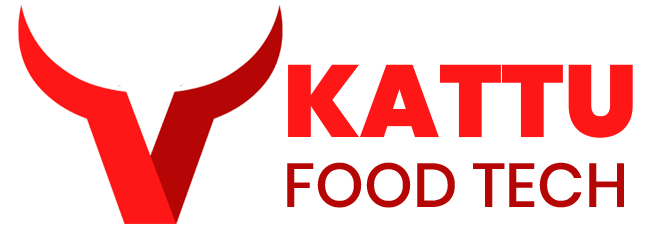Currently Empty: $0
Basics of Indian Share Market

If you are new to the share market then you must have a number of questions before you invest. This article will help you to under the basic fundaments of the Indian share market and the terminology associated with it. We are not going to make you study boring definitions of different terms associated with the share market, but our aim is to provide enough essential information regarding the share market so that you can start your journey to become financially free.
What is share market ?
As the name suggests it’s a market for buying and selling shares.
We will explain by using the example of your daily grocery market where a number of sellers are gathered to sell the goods. But in such a market, you have to go there physically and buy goods. On the other hand, if you want to buy the shares of Britannia you can’t directly go to the company and ask them to sell their share. So, here share market plays an important role in buying and selling shares of different listed companies.
Stock exchanges in India
There are two Stock Exchanges in India named BSE ( Bombay Stock Exchange ) and NSE ( National Stock Exchange ). In simple terms, these are the two marketplaces where you can buy or sell shares. Both BSE & NSE are situated in Mumbai.
So, NSE has the index NIFTY 50 and BSE has the index named SENSEX 30.
Buying or selling of commodities like Gold, Silver, and even Seeds takes place through MSEI. MSEI is a marketplace for commodities.
Basic Terminologies associated with stock market that you must know -
Promotors – Promotors are the owners of the company, who started a company.
Face Value – Face Value is the price at which shares are available to the promotors.
Actual Share Value – Is the price of the share in the current market.
IPO ( Initial Public Offering ) – IPO is the offering of the Company’s share to the public for the first time. Only then after a company is listed on Stock Exchanges.
Primary Market – A company comes up with an IPO through Primary Market. In it, the transaction is in between the Company & Investors.
Secondary Market – Stock Exchanges are also known as the Secondary Market. In it, the transaction takes place between the Investor to Investor.
Stock Broker – Broker Is a dealer or professional individual who buys/sells the shares for you. A Stock Broker is a trading member of the stock exchange and holds a stockbroking license.
Demat Account – Demat account is also known as the Dematerialized Account. A Demat account is required to hold the shares in the electric form. A Demat Account can hold Shares, Mutual Funds, Government Securities, Bonds.
Trading Account – A trading account is used to place buy/sell orders in the stock market. You can open your trading account with a stockbroker who is registered with SEBI.
Timings related to the Indian Share market –
- Pre – Opening Session – 9:00 AM – 9:15 AM
- Marketing Hours – 9:15 AM – 3:30 PM
- Closing Session – 3:30 PM – 4:00 PM
- After Marketing Order – 4:00 PM – 9:00 AM
Portfolio – Portfolio is the collection of different Shares, Mutual Funds, Bonds, Government Securities in your Demat Account.
SEBI – Securities and Exchange Board of India [ SEBI ] is the regulatory body of the Indian Stock Markets. The main role of the SEBI is to protect the interests of the investors by enforcing certain rules and regulations.
Depository and Depository Participants –
Depository is a financial intermediary that offers the service of a DEMAT account. In India, there are two Depository Participants which offer DEMAT account services – National Securities Depository Limited (NSDL) and Central Depository Services (India) Limited (CDSL).
Participants of the Share Market –
- Domestic Retail Investors – These are the people like you and me who are performing transactions in the Stock Market.
- NRI’s and Overseas Citizen of India (OCI) – These are the investors of India but they settle outside India.
- Domestic Institutions (DIs) -These are large corporate entities based in India (for example – LIC of India).
- Domestic Asset Management Companies (AMC) – These are the market participants. This category holds mutual fund companies like HDFC AMC, SBI Mutual Fund, and many more similar entities.
- Foreign Institutional Investors (FIIs) – FIIs are Non-Indian corporate institutes such as foreign asset management companies, hedge funds, and other investors.
Quick Brain Boosters
- Stock market is a place where people buy/sells the shares or stocks of publicly listed companies.
- NSE & BSE are the two stock exchanges in India.
- Indian Stock Market is Governed by SEBI.
- DEMAT account or dematerialized account allows holding shares in electronic form.

 0
0